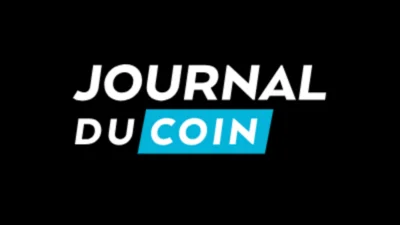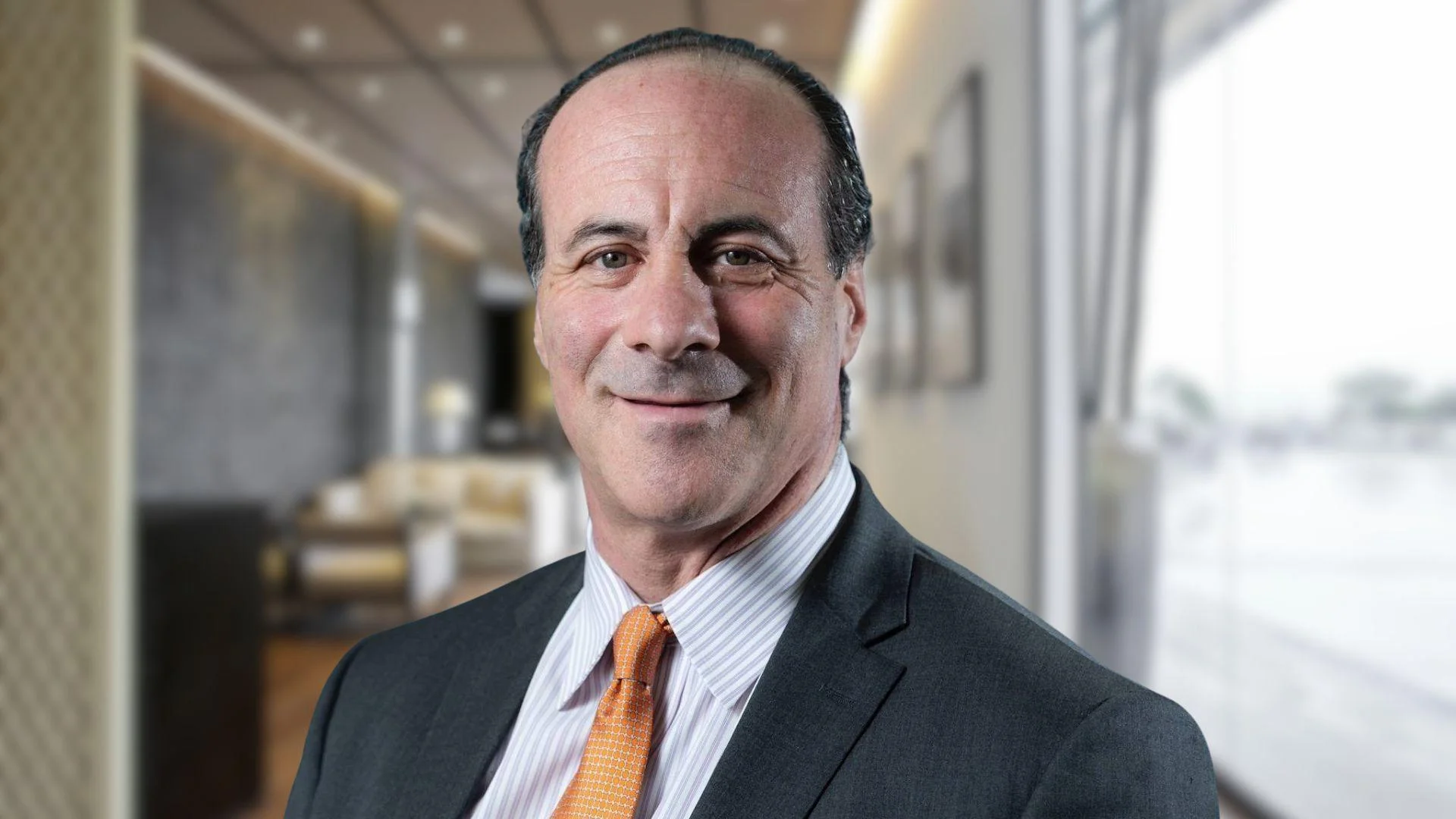Seth Hertlein, the Global Head of Policy at Ledger, a Paris-based digital asset wallet provider, has countered the widespread public belief that cryptocurrency is a common tool for criminals. According to Hertlein, illicit activity is more prevalent in the traditional financial system. His comments were featured in the Cap Hill Crypto newsletter's January 5 edition.
JPMorgan files trademark application for JPMD, citing multiple blockchain use cases

Negative Rates Return to Switzerland as U.S. Faces Higher Yields. What Does it Mean for Bitcoin?

300 million euros: The Blockchain Group continues to raise funds to accumulate as many Bitcoins as possible

Quintenz says CFTC will need more funding if tasked with broader crypto oversight

These cryptocurrencies are experiencing a massive price increase!

This project combining stablecoin and Bitcoin (BTC) raises $500 million in less than an hour

Hong Kong's OSL eyes Indonesia expansion with $15 million crypto exchange acquisition

FCA-registered BCP launches British pound stablecoin

Crypto: Ripple's RLUSD stablecoin will now also be used in the United Arab Emirates

Robinhood completes $200 million acquisition of crypto exchange Bitstamp

Changpeng Zhao offers a dark pool-style DEX for invisible crypto orders

End of tariffs? Judge blocks Trump's Liberation Day

The TACO trade is gaining popularity; what is it?

B2B stablecoin payments surge to $36 billion annual pace, survey finds

Russian banks debut crypto products for qualified investors

Reserve Bank of India to roll out new use cases for digital rupee

Bitcoin creator becomes richer than Bill Gates

EU revises growth downwards to 0.9% in 2025, weighed down by Donald Trump's customs duties

United Kingdom: Crypto firms will have to report all customer transactions

Ethereum on the brink of an incredible surge? This expert's bold prediction

DOJ is investigating Coinbase data breach— Report

Crypto Agenda: Paris and Nantes host two events

American Bitcoin, BTC Miner Backed by Eric and Donald Trump Jr, to Go Public

China and the United States Reach an Agreement – What if It's Bad News for Bitcoin?

Crypto custodian BitGo secures MiCA license in Germany

Ethereum Explodes to $2,600, Surpassing the Market Valuations of Coca-Cola and Alibaba

SEC Chair Paul Atkins unveils his vision for crypto regulation as the agency charts a friendlier approach to digital assets

Coinbase's SEC Documents Reveal NY Attorney General Wanted ETH Declared Security

Bhutan launches crypto payment system for tourism with Binance Pay

Robinhood plans blockchain platform to allow trading of US securities in Europe: Bloomberg


"Criminal activity involving crypto is orders of magnitude smaller, both on an aggregate and a percentage basis, than the amount of criminal proceeds moved through the traditional financial system in fiat currencies," Hertlein said. "When criminal proceeds are moved through crypto, seizure and recovery rates are far higher than in the traditional context. Turns out it's not easy to hide on an immutable public ledger. Contrary to the common misconception, crypto's relative lack of use in crime is a success story!"
Chainalysis, a blockchain analytics company, released a report indicating that only 0.15% of total crypto transactions in 2021 were linked to illicit wallet addresses. The report suggests that "The yearly trends suggest that with the exception of 2019 — an extreme outlier year for cryptocurrency-based crime largely due to the PlusToken Ponzi scheme — crime is becoming a smaller and smaller part of the cryptocurrency ecosystem." Chainalysis attributes this trend to the transparency provided by blockchain technology, which allows analysts to trace illicit funds more easily.
In its report titled "National Strategy for Combating Terrorist and Other Illicit Financing", the U.S. Treasury Department found that most terrorist organizations primarily rely on traditional financial systems and cash for fund transfers.
The United Nations Office on Drugs and Crime reported that an estimated 2-5% of global GDP or between $800 billion and $2 trillion USD is laundered annually. However, due to money laundering's clandestine nature, it remains challenging to estimate the total amount laundered.
Dr. Andrzej Gwizdalski from the University of Western Australia analyzed data from the United Nations, World Economic Forum, and Chainalysis. He found that "Traditional fiat, like the USD, is implicated in an estimated $3.2 trillion in illegal activities annually—over 100 times the $20 billion linked to cryptocurrencies," according to a post from Oodaloop. Gwizdalski also warned that "Using crypto for illegal purposes is inherently risky and plainly unwise with every transaction transparently recorded."
Before joining Ledger, Hertlein served as Head of Policy and Government Relations for the Stellar Development Foundation, where he oversaw global engagement on crypto policy and regulation. This information was shared in a press release by the PA Blockchain Coalition (PBC). Hertlein is also a member of the Blockchain Association and has previously served on the leadership committee of the Chamber of Digital Commerce’s Token Alliance. In May 2022, he was appointed as Advisory Board Chair for PBC.
More News
Brian Armstrong, CEO of Coinbase, said that broader cryptocurrency use will emerge from seamless products where users benefit without engaging with the underlying systems.
Michael Saylor, co-founder of Strategy Inc., announced that the company has expanded its bitcoin holdings and reported a 25.9% year-to-date yield for 2025.
Lark Davis, founder of Wealth Mastery, advised traders to avoid leverage and risky "revenge trading" amid widespread liquidations and emphasized the importance of protecting capital.
Kent Lin, Co-founder of Optimum, said that Bitcoin's market capitalization is approximately 7% of gold's, suggesting that the rally in gold expands potential upside for Bitcoin.
Anna Milne, founding director of research for the CAFE Association, said that membership focuses on industry leadership that combines innovation with consumer protection, rather than merely adhering to baseline compliance.
Edward "Coach" Weinhaus, the Founding Executive Director of the CAFE Association, emphasized that fraud is a shared problem and detailed the organization's plan to educate consumers and support responsible companies.
 Alerts Sign-up
Alerts Sign-up






